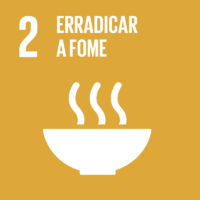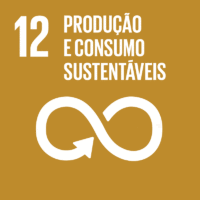Ciência_Iscte
Publicações
Descrição Detalhada da Publicação
Explaining inequalities in fruit and vegetable intake in Europe: The role of capabilities, opportunities and motivations
Título Revista
Appetite
Ano (publicação definitiva)
2021
Língua
Inglês
País
Reino Unido
Mais Informação
Web of Science®
Scopus
Google Scholar
Esta publicação não está indexada no Overton
Abstract/Resumo
People who do not eat enough fruit and vegetables (F&V) have incremental health risks. Most Europeans do not comply with health recommendations relating to F&V consumption and this is especially true for those with lower-level education, which reinforces structural inequalities in health and wellbeing among Europeans. This study investigated the role of key behavioural triggers – capabilities, opportunities and motivation (in the COM-B model) – as pathways for educational differentials in F&V intake in Europe. A cross-sectional survey-based study was conducted in five European countries differing widely in their consumption habits, wealth, and climatic conditions. A structural equation model was designed to study how capabilities (diet perceived knowledge, health purchase criteria), opportunities (financial availability, social norms), and motivations (health value, habits strength) affect educational inequalities in the intake of F&V (5 portions a day) as mediators. Multi-group comparisons assessed country differences. People with higher levels of education were more likely to eat the recommended diet, i.e., at least 5 portions of F&V a day. Countries in the sample vary significantly in the percentage of people complying with the recommendation, but not significantly in terms of relative education differentials. The educational gap in the intake of F&V is mainly explained by education differentials in financial availability, diet knowledge, and habits in inserting F&V in main meals. Policies targeting dietary inequalities should address behavioural triggers affecting dietary intake, for example by subsidising F&V, developing targeted dietary awareness campaigns, or by intervening in mass catering contexts to facilitate the implementation of healthy habits.
Agradecimentos/Acknowledgements
--
Palavras-chave
Fruits and vegetables,Inequality,Education,Health,Diet
Classificação Fields of Science and Technology
- Ciências da Saúde - Ciências Médicas
- Psicologia - Ciências Sociais
Registos de financiamentos
| Referência de financiamento | Entidade Financiadora |
|---|---|
| Grant Agreement No. 667364 | Comissão Europeia |
| UIDB/03125/2020 | Fundação para a Ciência e a Tecnologia |
Contribuições para os Objetivos do Desenvolvimento Sustentável das Nações Unidas
Com o objetivo de aumentar a investigação direcionada para o cumprimento dos Objetivos do Desenvolvimento Sustentável para 2030 das Nações Unidas, é disponibilizada no Ciência_Iscte a possibilidade de associação, quando aplicável, dos artigos científicos aos Objetivos do Desenvolvimento Sustentável. Estes são os Objetivos do Desenvolvimento Sustentável identificados pelo(s) autor(es) para esta publicação. Para uma informação detalhada dos Objetivos do Desenvolvimento Sustentável, clique aqui.

 English
English




